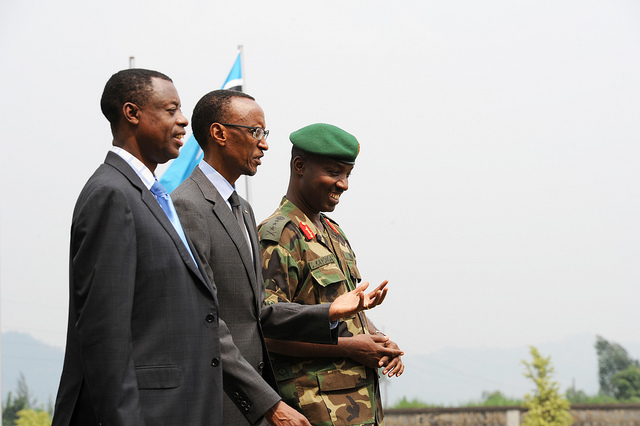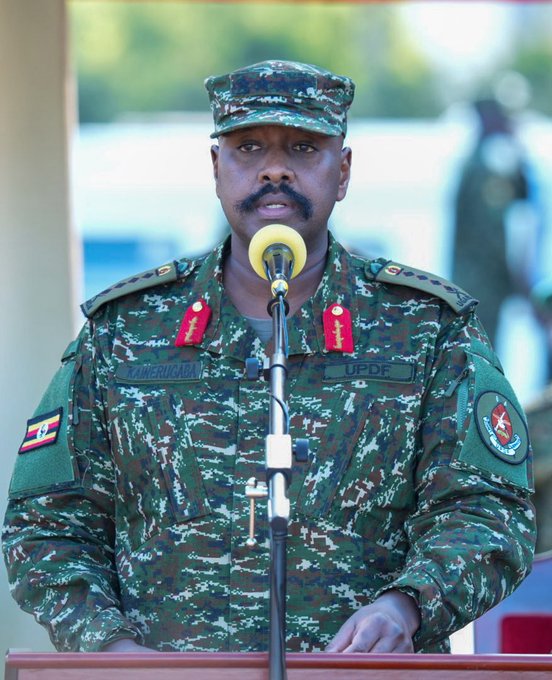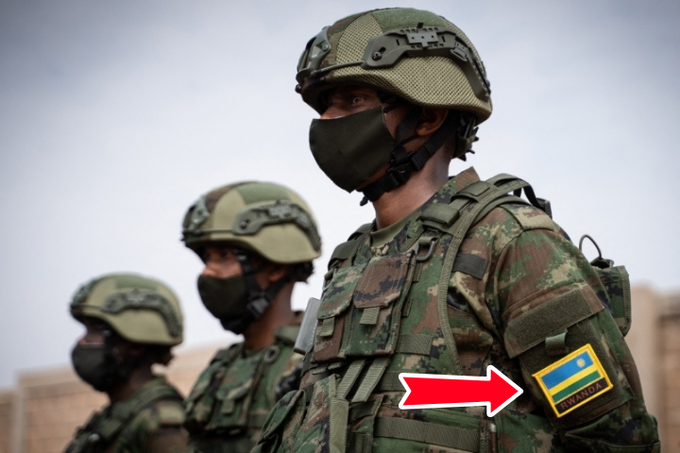Introduction
A recent United Nations report by a Group of Experts on the Democratic Republic of Congo (DRC) has ignited diplomatic tensions in Central Africa, prompting strong condemnations from Rwandan President Paul Kagame and Uganda’s Chief of Defence Forces, General Muhoozi Kainerugaba. Both leaders have dismissed the report, authored in May 2025, as fundamentally biased, arguing that it not only misrepresents their countries’ roles in the conflict-ridden DRC but also exacerbates ongoing regional instability.
UN Report Findings and Allegations
The UN report accuses both Rwanda and Uganda of significant interference in eastern DRC. Specifically, it claims:
Rwanda: The report alleges that Rwanda has provided direct military support to the M23 rebels, actively participating in offensives against the Congolese army and peacekeepers from the United Nations and Southern African Development Community (SADC). It further accuses Rwanda of exploiting mineral resources in the region, which has long been a source of contention.
Uganda: Similarly, Uganda is accused of smuggling minerals from the DRC and supporting certain Congolese rebel factions. The report also claims that Uganda deployed thousands of troops into eastern DRC without the prior approval of the Congolese government, a move said to be outside the scope of previously agreed joint military operations between Ugandan and Congolese forces. These troop deployments allegedly expanded beyond their initial remit under Operation Shujaa, which focused on fighting the extremist Allied Democratic Forces (ADF) rebels.
The UN experts also criticized both governments for failing to provide adequate transparency or cooperation with the investigation, fuelling concerns around the true nature of external involvement in DRC’s ongoing conflicts.
Kagame and Muhoozi: United in Dismissal
Both President Paul Kagame and General Muhoozi have responded to the UN report with sharp denunciations, rejecting its findings and methodology.

Kagame’s Response
President Kagame described the report as fundamentally flawed and questioned its motives. He argued that the UN investigation failed to address the root causes of conflict in eastern Congo, particularly the historical underpinnings and the role of Congolese domestic politics. Kagame emphasized that the refugee crisis—over 100,000 Congolese living in Rwanda—had been overlooked by the report, as had the voices of those most affected by the violence. According to Kagame, the Group of Experts neglected to interview Congolese refugees in Rwanda, compromising the credibility and impartiality of their conclusions.
He also criticized the report for focusing selectively on groups like M23, while downplaying or ignoring the threat posed by other armed militias such as the Democratic Forces for the Liberation of Rwanda (FDLR), which includes elements implicated in the 1994 Rwandan Genocide and now operates in the DRC. Kagame characterized the report’s failure to analyze the full landscape of over 120 armed groups in eastern Congo as evidence of a pre-determined narrative and international bias.

Muhoozi’s Reaction
General Muhoozi echoed Kagame’s critique, branding the UN report as “biased” against Uganda and its military. He decried what he described as misrepresentation of his statements in the report and asserted that while the UN allegedly disseminates negative narratives, Ugandan troops have been “saving lives” in the region. Muhoozi pointed out the discrepancy between on-the-ground realities and international reporting, promising a full official response from the Ugandan government once the report is public.
Broader Political Context
The international community has expressed deep concerns about Rwanda and Uganda’s roles in the DRC, with Western governments, the United States, and the European Union issuing statements urging Rwanda to withdraw its forces and condemning alleged support for M23. Angolan, SADC, and African Union efforts at mediation have so far failed to yield lasting peace, as violence continues to displace civilians and destabilize the region.
Kigali and Kampala’s responses highlight not only their rejection of the UN’s findings but also the complexity of the DRC crisis, where competing national, regional, and international interests overlap. Both leaders challenged the impartiality of international narratives, accusing outside actors of ignoring context, distorting facts, and fueling hostility with one-sided reporting. Such critiques raise fundamental questions about the effectiveness and neutrality of international interventions in Central Africa.
Conclusion
The latest condemnations from Kigali and Kampala have brought to the fore long-standing disagreements over external involvement in the DRC. As violence persists in eastern Congo, the divergent perspectives of local actors and international organizations underscore the urgency for more nuanced, locally informed approaches to peacebuilding and accountability. For now, accusations of bias and counter-allegations continue to define the fraught relationship between the UN and key regional powers—a situation with profound implications for stability in the heart of Africa.

